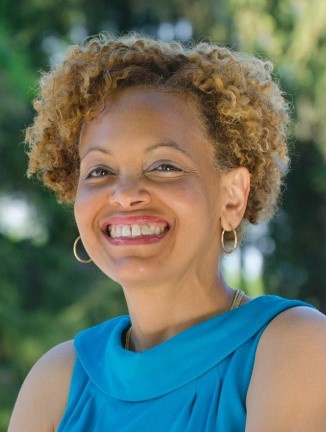What steps should Maryland take to ensure the broadest possible access to affordable health care?
Hill: Access to health care is a right. As a delegate, I’ve worked to ensure improved access and quality are realized statewide and that the decrease number of uninsured and other benefits resulting from the ACA translate to improved health status. Congress’ failure to go further and bring down health care delivery costs, and the efforts of this congress and administration to dismantle the system, required an aggressive response from Annapolis, and I am proud to be have played a role. Requesting a federal 1332 waiver and providing funding for re-insurance were important, but stop-gap, until a comprehensive, long term solution is found. My work on the ACA workgroup, familiarity with the opioid crisis and other addiction and behavioral health problems, efforts to bring transparency to the pharmaceutical pricing, and recognition of the nexus between health care and our economic, environmental, criminal and social justice challenges have affirmed my belief that a radical change is needed. My contribution to the discussion as a physician and patient advocate has been, and will continue to be, important. I’ve conceptually supported single-payer, universal healthcare for years, believing it could only happen if the people, and not the government, called for it. We’re now in that moment. Along with other suggestions, legislation seemingly offering a clear pathway to transitioning was introduced in 2018 and will be considered in preparation for next session. Additional pieces, like negotiated drug prices and catastrophic coverage, may need to be added, but I believe Maryland will make the move.
SHARE THIS ANSWER
